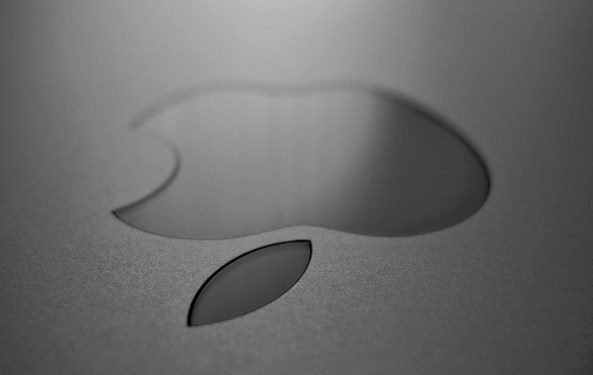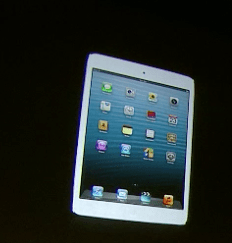Carl Icahn, a well-known activist investor, has made his presence known on Twitter by indicating that he has amassed a large position in the computing giant Apple. In a series of tweets, Icahn expressed his opinion that Apple should engage in a larger stock buyback program.
Icahn’s Proposal: A Larger Stock Buyback
In one of his tweets, Icahn stated that he had discussed his proposal with current Apple CEO Tim Cook and proposed that the company increase its stock buyback program. This would involve repurchasing shares from the public, which would in turn concentrate future per-share earnings on remaining outstanding shares. As a result, the value of these shares would increase.
Icahn’s Personal Stake in Apple
It is worth noting that Icahn owns many of the shares that he is proposing to be repurchased by Apple. Therefore, his personal stake in the company would increase significantly if this proposal were to be implemented.
A Familiar Proposal
This proposal from Icahn sounds familiar because it is similar to what he proposed for Dell. In that case, Icahn advocated for a higher per-share price for nearly all of Dell’s public equity, which would have greatly boosted the per-share income of the shares he controlled.
Market Reaction: A $10 Billion Boost
Icahn’s tweets had a significant impact on Apple’s stock price, causing it to rise by 4% and adding over $10 billion to the company’s market capitalization. This is a testament to Icahn’s influence in the markets and his ability to move billions of dollars with just a few tweets.
Apple’s Current Share Repurchase Program
Apple has already been engaging in a share repurchase program, paying out over $3 per share in cash dividends. In its most recent quarterly earnings report, Apple stated that it had returned $18.8 billion in cash to shareholders through dividends and share repurchases.
The Challenge of Repatriating Cash
However, much of Apple’s cash is held overseas, making it expensive for the company to use this cash here in the United States. If Apple were to repatriate its funds, it would be charged the full U.S. corporate tax rate. However, earlier this year, Apple found a way around this issue by floating a $17 billion bond measure that will fund its ambitious program of returning $100 billion in cash to holders of Apple shares.
Icahn’s Call for Action
Icahn is now calling on Apple to accelerate its share repurchase program. Given the company’s ability to return over $18.8 billion to shareholders through dividends and share repurchases, Icahn believes that Apple can afford to do more. However, this would require Apple to repatriate some of its overseas cash, which could be costly due to the corporate tax rate.
What’s Next for Apple?
It is now up to Tim Cook and the rest of the Apple leadership team to decide how to respond to Icahn’s proposal. Investors are optimistic about the prospect of Apple accelerating its share repurchase program, but it remains to be seen whether this will ultimately happen.
A Brief Timeline
- Carl Icahn announces his large position in Apple on Twitter
- Icahn proposes a larger stock buyback program to Apple CEO Tim Cook
- Apple’s stock price rises by 4% following Icahn’s tweets, adding over $10 billion to the company’s market capitalization
- Apple’s share repurchase program is already underway, with the company returning $18.8 billion in cash to shareholders through dividends and share repurchases
Key Takeaways
- Carl Icahn has amassed a large position in Apple and is calling for a larger stock buyback program
- Icahn’s proposal would involve concentrating future per-share earnings on remaining outstanding shares, increasing their value
- Much of Apple’s cash is held overseas, making it expensive to use this cash here in the United States
- Apple has already been engaging in a share repurchase program and has found ways to return over $18.8 billion to shareholders
Related Content
- Apple Fined $1 Million for Misleading Environmental Claims
- How Apple’s Supply Chain is Helping to Reduce Carbon Emissions
This article will provide an overview of the situation and explore the potential implications for both Icahn and Apple.



